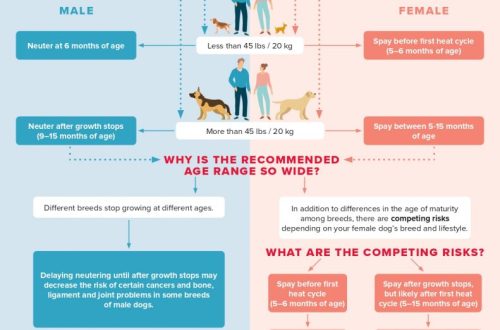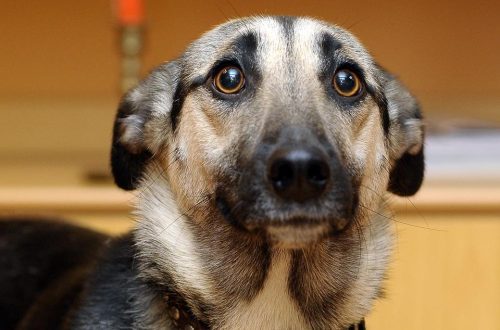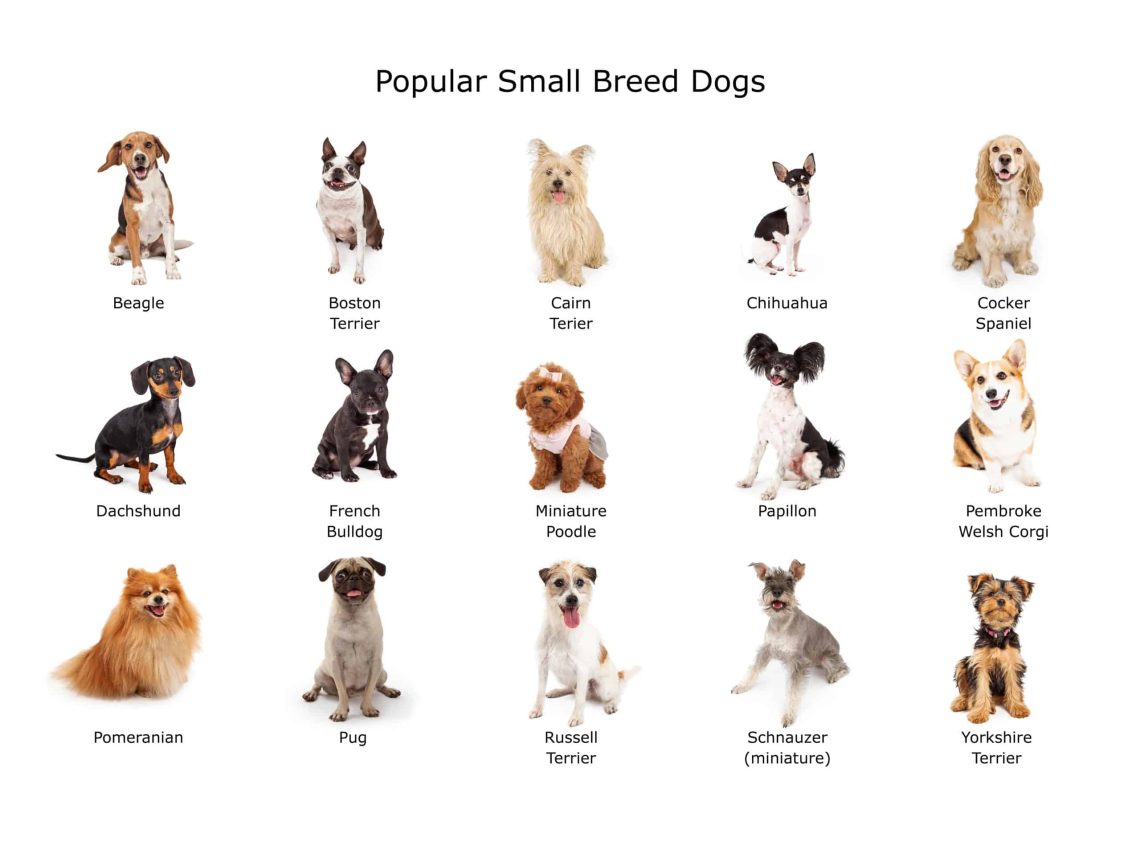
What you need to know about small dog breeds
Small dogs are undoubtedly very cute. But if you think that’s all they have to offer, think again. Small and miniature breed dogs may be small in size, but they are still dogs. They have all the various traits found in larger breed dogs, but in a tiny way. This does not mean that small breed dogs do not have their own special characteristics. If you’re wondering if a small dog is right for you, this article will tell you everything you need to know.
Contents
Variety of small dog breeds
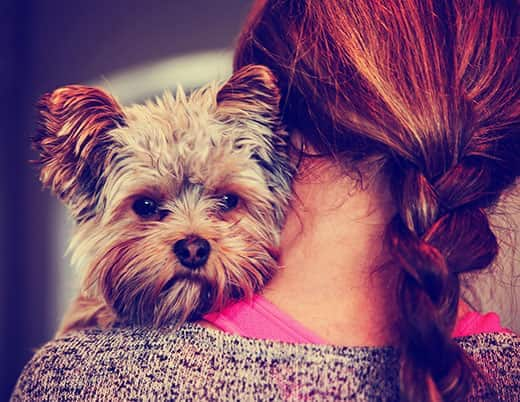 Often, when thinking of small dogs, people automatically think of those breeds that belong to the American Kennel Club group of pet dogs, which includes breeds weighing up to 4,5 kg. However, small breeds are generally defined as dog breeds under 9 kg and can be found in almost every group. Dachshunds, for example, despite their small size, actually belong to the AKC group of hunting dogs, and of course small dogs such as rat terriers and Jack Russell terriers belong to the terrier group.
Often, when thinking of small dogs, people automatically think of those breeds that belong to the American Kennel Club group of pet dogs, which includes breeds weighing up to 4,5 kg. However, small breeds are generally defined as dog breeds under 9 kg and can be found in almost every group. Dachshunds, for example, despite their small size, actually belong to the AKC group of hunting dogs, and of course small dogs such as rat terriers and Jack Russell terriers belong to the terrier group.
When choosing a small breed dog, it is important to remember that the defining characteristics of the group to which it belongs will be more about its temperament and personality traits than size. While many small pets, especially miniature breeds, are well suited to city life and apartment living, dachshunds and some terriers that are bred to catch rodents and other small game will also thrive on a farm or in the countryside, where they can realize their hunting instincts.
The main thing to keep in mind is that, as with larger breeds, small dog breeds vary in temperament and physical requirements, so it’s important to carefully research information about any breed you’re thinking of getting and make sure that it will suit your family and lifestyle well.
What’s Good About Small Dogs
Small dogs have many advantages. As mentioned earlier, they usually need less space to be comfortable and happy, which gives them an advantage if you live in an apartment or small house. However, just because they are smaller doesn’t mean they don’t need a place to exercise. They often build up energy, so a good dog park or walking trail is ideal for them to get their exercise quota if you don’t have a backyard for them to play. In addition, small dogs tend to eat less and are less expensive to take care of than a large breed pet. They shed less (in terms of total coat) and generally create less mess (or at least less in scale) than larger breeds and are easier to control on a leash or when handled. Just think, who will be easier for you to keep – a 9-pound dog or a 36-pound giant trying to chase a squirrel? And according to PetMD, small dogs tend to be more hardy and live longer than their larger counterparts.
Problems of keeping a small dog
Despite the benefits, keeping small dogs comes with a number of challenges. Although they are generally resistant to disease, their small bodies are fragile and more prone to injury, especially if they are dropped, played too roughly, or if they fall or jump off tall furniture. For this reason, miniature dogs are generally not suitable for families with very young children, and older children should be constantly supervised and taught how to properly handle small pets.
Many small breeds are also prone to patella luxation (a condition where the patella is out of position) as well as tracheal collapse. Although these problems are not serious, they may require special handling to prevent injury. For example, you need to play with your dog very carefully and lower him off the couch so that he does not dislocate his knee. In the event of a collapsed trachea, you will have to walk her on a harness that goes through her chest, instead of a standard leash, which will help protect her trachea from crushing.
Although small dogs are considered to be sedentary, cuddle loving pets, some small breeds actually need even more exercise than large ones. If you don’t like to walk and don’t have a large yard for your dog to run around and play with, look for a breed that can get all the exercise it needs by playing indoors. Small breeds are, as a rule, real bundles of energy. While they may not be able to play and exercise as long as other dogs you might take on a run, short and more frequent games will help her get all the exercise she needs.
It’s also worth noting that, according to a 2009 study published in Applied Animal Behavior Science, the top three most aggressive dog breeds were small breeds: Dachshund, Chihuahua, and Jack Russell Terrier. According to Dogtime, aggression is generally not thought to be inherent in these breeds, in their case it is a fear response, due mainly to their tiny size, exacerbated by poor socialization and permissiveness on the part of owners who do not take their aggression seriously and treat it as to something nice. The bottom line is that proper socialization and obedience training is just as necessary for raising a small dog as it is for large dogs. It’s also important to give your little one the opportunity to act like a dog, not to treat her like a human baby because of her size and appearance, which can lead to behavioral problems, warns PetPlace.
Nutritional needs of small dogs
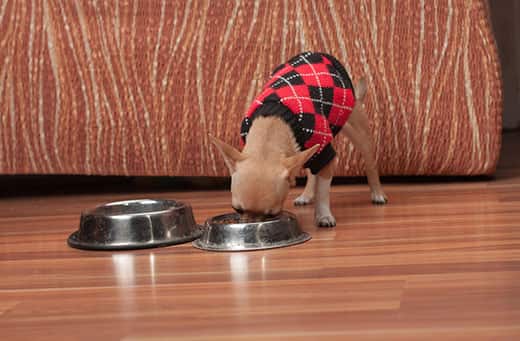 Although small dogs eat less overall than large dogs, in absolute terms, they actually require more calories. According to PetMD, small and mini breed dogs, which have a faster metabolism than large breeds, need 40 calories per pound of weight per day, while larger dogs need just over half that amount. With this in mind, adult small breeds typically need two or three high-calorie meals per day. Puppies need to be fed even more frequently to avoid developing hypoglycemia, or low blood sugar, which can lead to weakness and lethargy, muscle tremors, seizures, and even death.
Although small dogs eat less overall than large dogs, in absolute terms, they actually require more calories. According to PetMD, small and mini breed dogs, which have a faster metabolism than large breeds, need 40 calories per pound of weight per day, while larger dogs need just over half that amount. With this in mind, adult small breeds typically need two or three high-calorie meals per day. Puppies need to be fed even more frequently to avoid developing hypoglycemia, or low blood sugar, which can lead to weakness and lethargy, muscle tremors, seizures, and even death.
You can make sure your little pet is getting enough calories by feeding it a specially formulated small breed dog food that has more calories than larger breed dog food. Because of their longer lifespan, small dogs also benefit from foods that are high in antioxidants, which can help prevent damage from long-term free radical exposure over their long lives.
Small dogs often have great charisma. Therefore, they are not only fun to be with – under the right circumstances, they also become ideal companions. Now that you know what to expect from a small dog, you can confidently choose the right small breed pet for your home.



